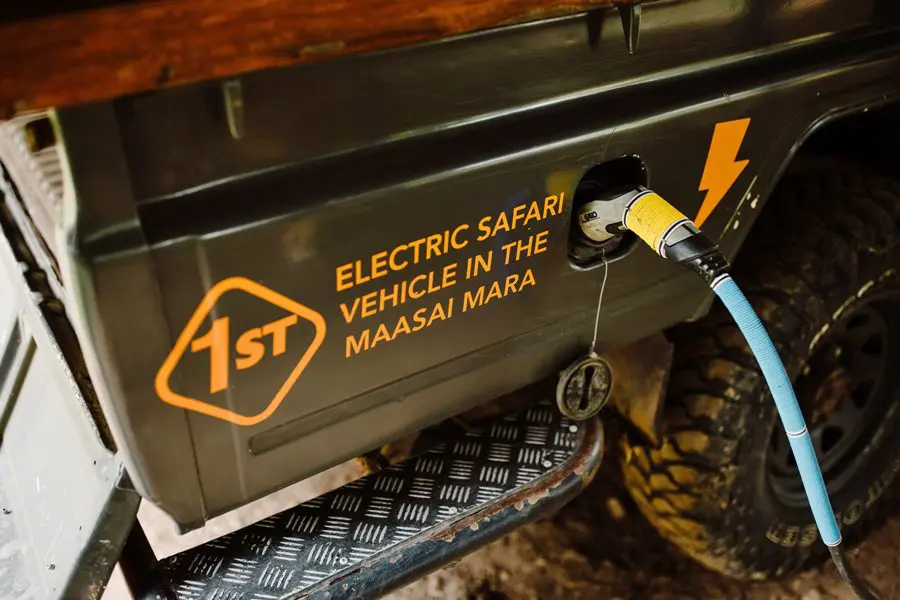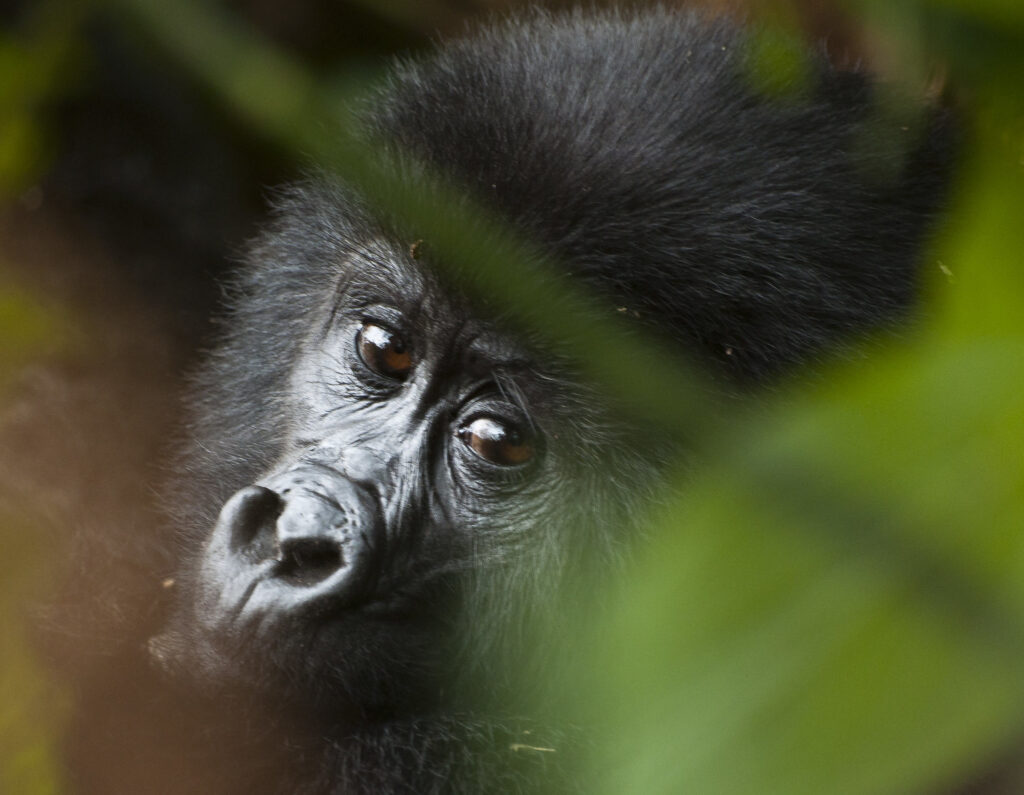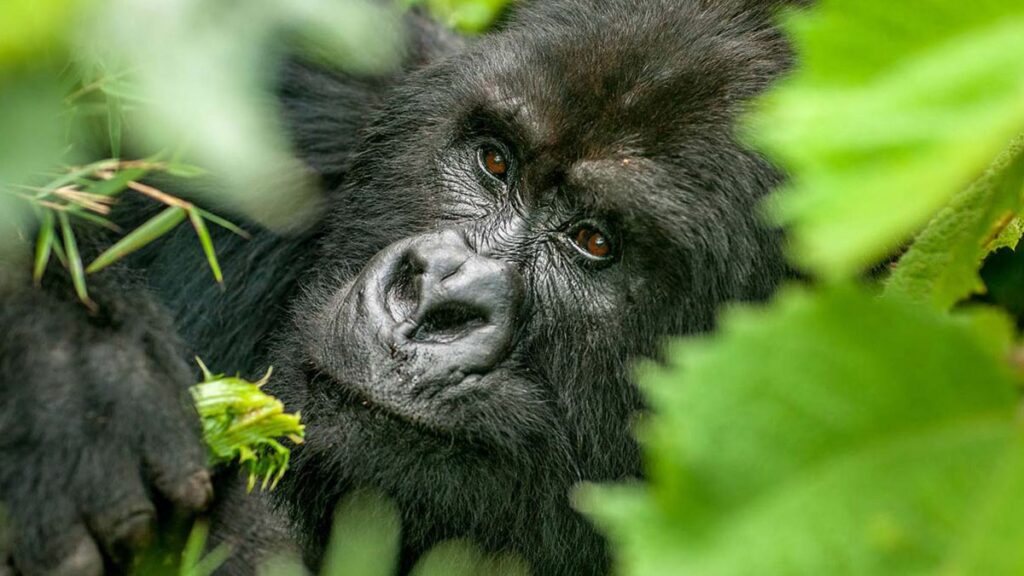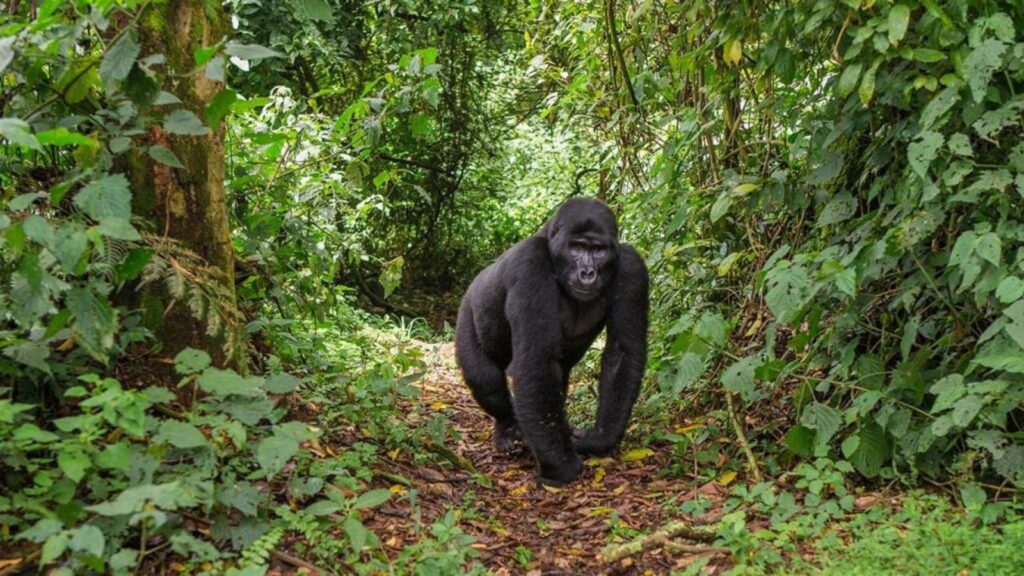Green Transport Networks Linking Gorilla Parks
Travel across East and Central Africa is transforming. As eco-tourism grows, countries like Uganda, Rwanda, and Congo are investing in green transport networks that make movement between gorilla parks more sustainable. From electric safari vehicles to eco-friendly roads and community-operated transfers, these initiatives are redefining how travelers explore gorilla regions — with less carbon and more care.
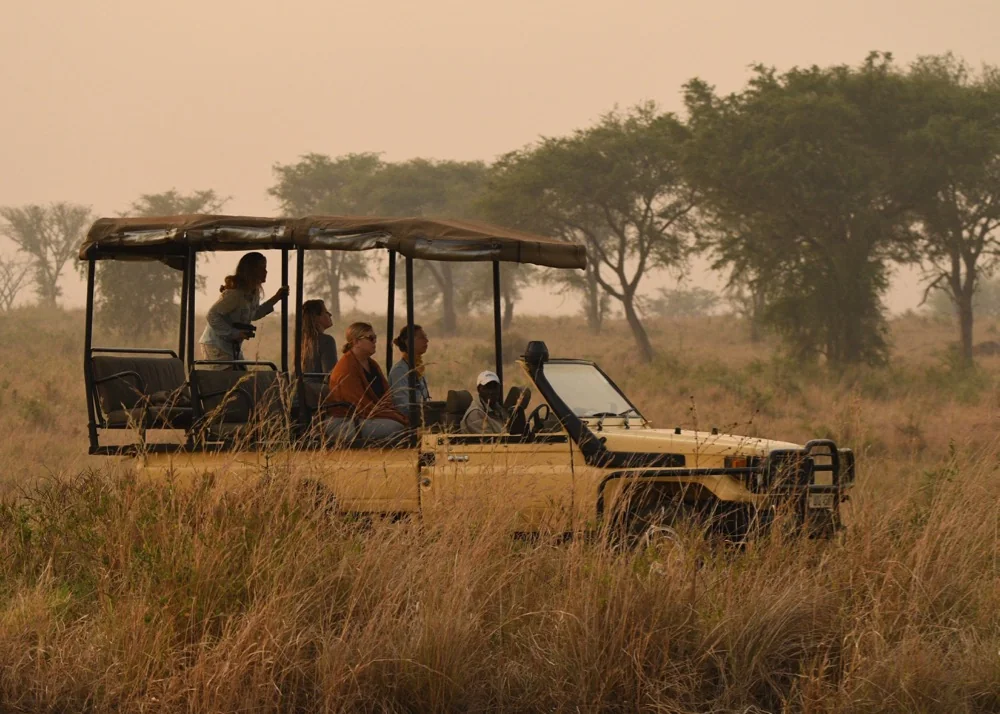
The Need for Eco-Friendly Mobility
Every journey leaves a footprint. Traditional safari vehicles and long-distance transfers rely heavily on fossil fuels, which contribute to carbon emissions and noise pollution. Yet gorilla trekking areas — such as Bwindi Impenetrable National Park, Volcanoes National Park, and Virunga National Park — thrive on silence, clean air, and unspoiled forest.
To protect these fragile ecosystems, governments, conservation groups, and private operators are building greener transport solutions that connect parks while preserving the natural peace travelers come to enjoy.
Electric Safari Vehicles – A Silent Revolution
Electric safari vehicles (ESVs) are leading the change. Powered by renewable energy, they emit no smoke, produce almost no noise, and operate at a fraction of the cost of fuel-driven cars.
In Rwanda, several lodges near Volcanoes National Park — including Singita Kwitonda Lodge and One&Only Gorilla’s Nest — now use electric vehicles for guest transfers and local tours. These cars are charged using solar power, ensuring a fully clean energy cycle.
Uganda’s Bwindi Lodges and Queen Elizabeth National Park are piloting similar projects, introducing electric 4x4s for game drives and lodge logistics. Their quiet operation allows travelers to approach wildlife without disturbance — a huge step forward for ethical safaris.
Solar-Powered Boats and Bikes
Green mobility isn’t limited to vehicles. Around lakes like Bunyonyi and Kivu, eco-tour operators use solar-powered boats for scenic transfers and birding tours. These boats glide silently across the water, leaving zero fuel residue behind.
In Rwanda’s countryside, community tourism projects are introducing electric bikes for short-distance exploration. Visitors can cycle between villages, coffee farms, and forest edges with minimal impact, enjoying nature in its purest form.
Cross-Border Collaboration for Sustainability
Linking gorilla destinations across borders requires more than infrastructure — it needs partnership. Uganda, Rwanda, and Congo are working together through regional initiatives to promote low-carbon transport corridors.
Projects such as the Albertine Rift Green Mobility Plan focus on improving road efficiency, supporting shared transport services, and developing cross-border eco-bus routes for both tourists and locals.
The goal is simple: connect key conservation areas while reducing emissions and travel costs. For travelers, this means smoother journeys between parks and a greener overall experience.
Eco-Lodges Supporting Green Transfers
Many eco-lodges are directly involved in sustainable mobility. Properties like Kyambura Gorge Lodge and Bisate Lodge offer shared transfers to reduce vehicle use. Lodges are also investing in solar charging stations that power electric vehicles and lights within their compounds.
By coordinating travel logistics with other lodges and tour companies, they create integrated networks that minimize empty vehicle returns and optimize efficiency. It’s sustainability through cooperation — an often-overlooked but powerful tool in eco-tourism.
Benefits Beyond the Environment
Green transport benefits go beyond emissions. These systems reduce noise pollution, improving wildlife behavior and visitor experience. They also create local employment for technicians, drivers, and engineers who manage new technology systems.
In communities near gorilla parks, renewable energy projects tied to green transport — such as solar charging hubs — also supply electricity to schools and homes. This dual impact strengthens the link between conservation and development.
The Road Ahead for Sustainable Safari Travel
The future of safari travel in Africa will be powered by innovation. Governments are exploring electric highway networks, while some tour operators are experimenting with biofuel safari vehicles made from recycled vegetable oil.
As technology grows, so will the efficiency of cross-border travel between gorilla parks. The dream is a carbon-neutral safari circuit — where every mile between Bwindi, Volcanoes, and Virunga strengthens the planet rather than harms it.
This vision is no longer distant. It’s already taking shape, powered by Africa’s commitment to protect its wildlife through modern, sustainable means.
Plan Your Green Safari with Gorilla-Permits.com
Explore Africa’s gorilla heartlands through eco-friendly transport and responsible travel. Whether you’re trekking in Bwindi, hiking in Virunga, or exploring Volcanoes National Park, travel in a way that honors nature.
Let Gorilla-Permits.com organize your permits, green transfers, and eco-lodge stays across Uganda, Rwanda, and Congo.
Inquire and book today at Gorilla-Permits.com— travel smart, travel sustainably.

